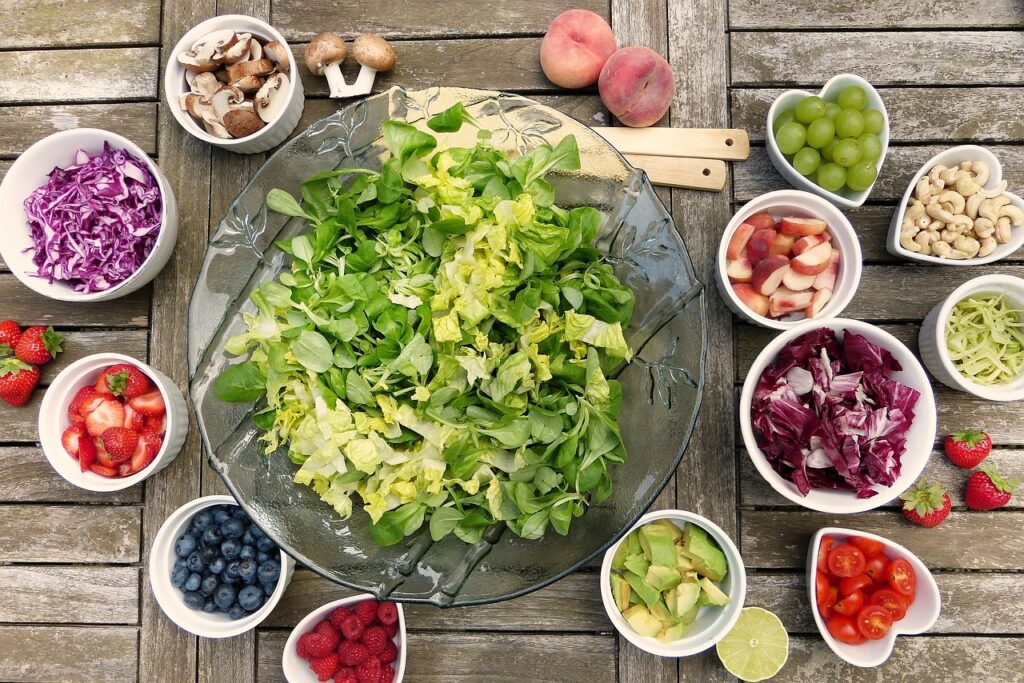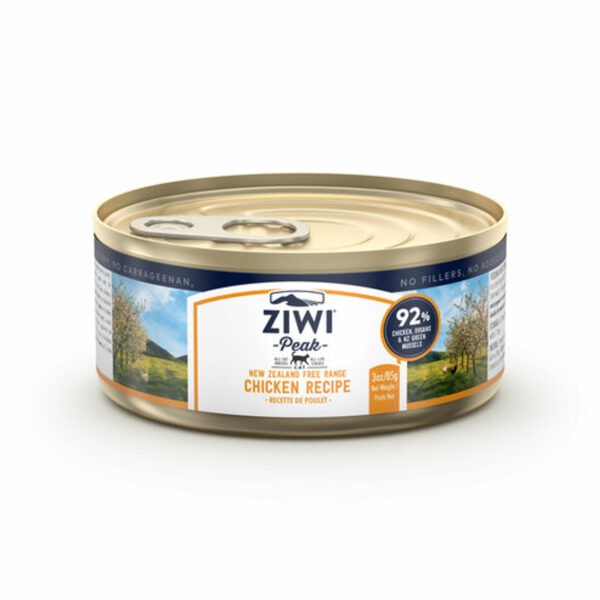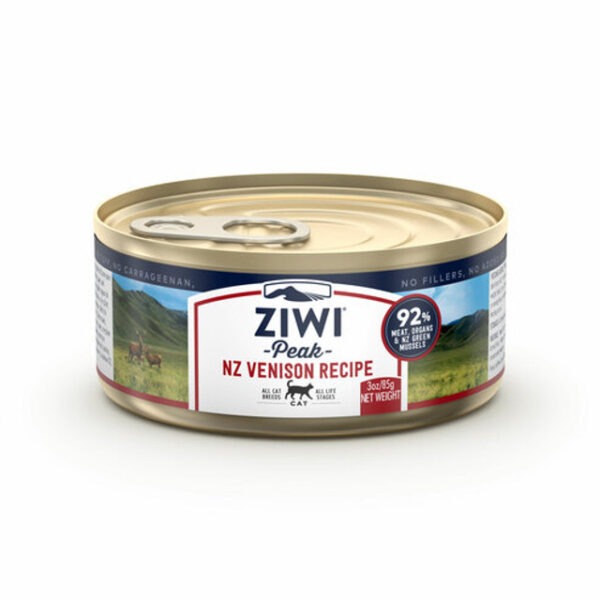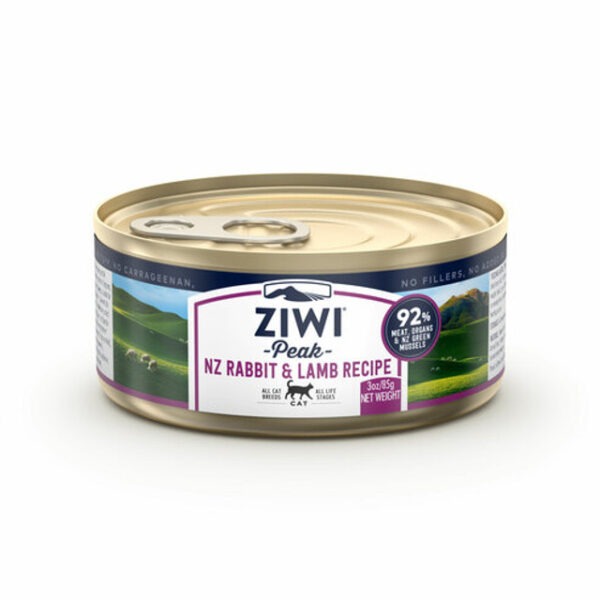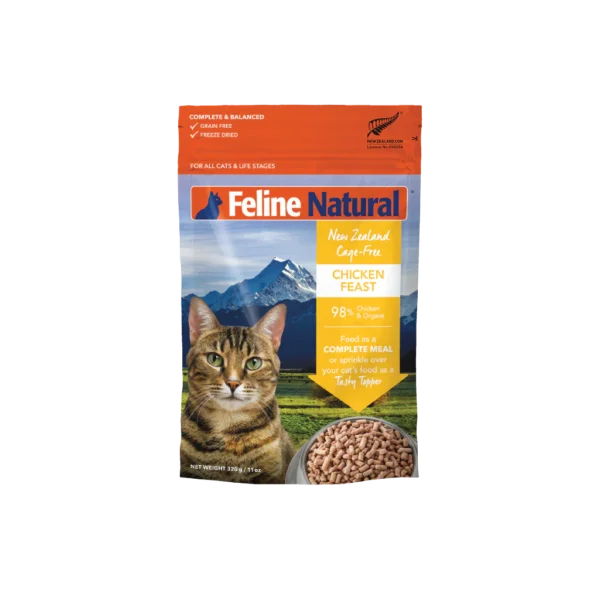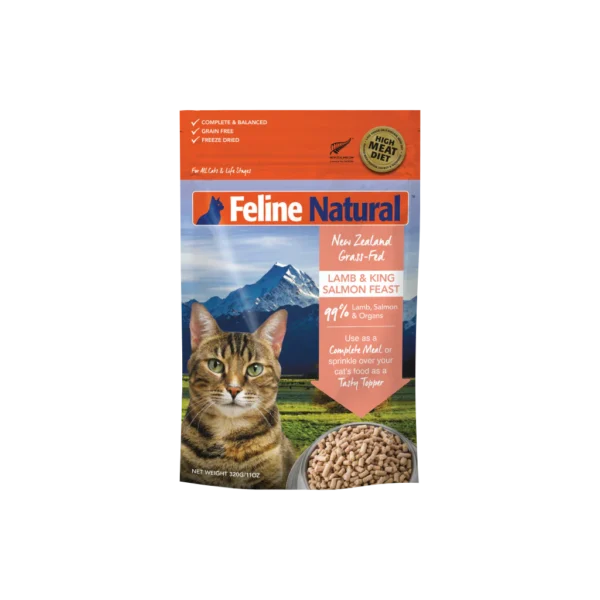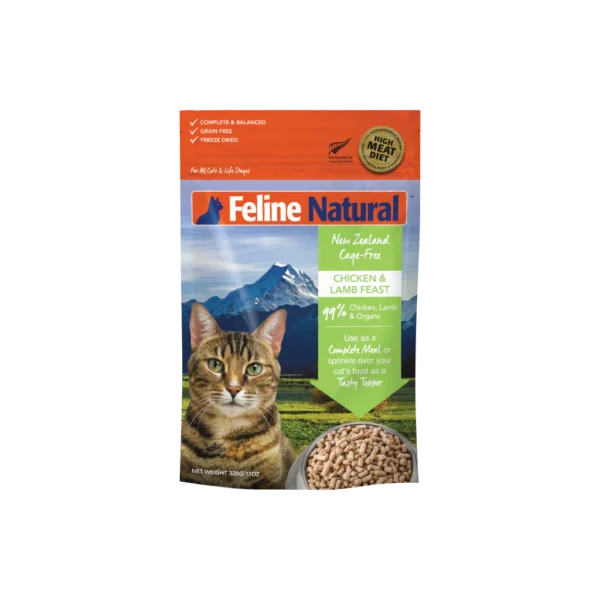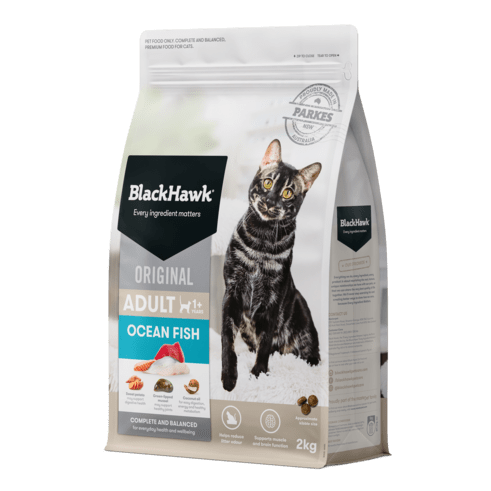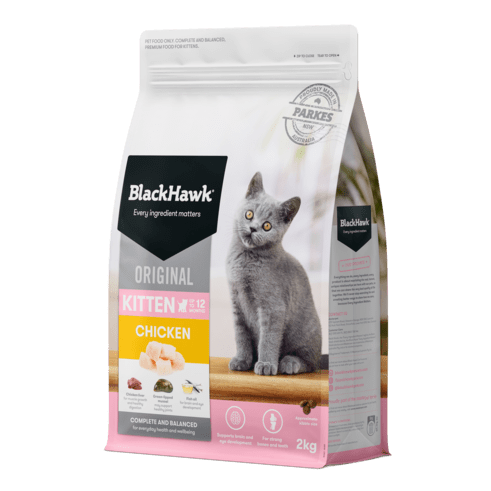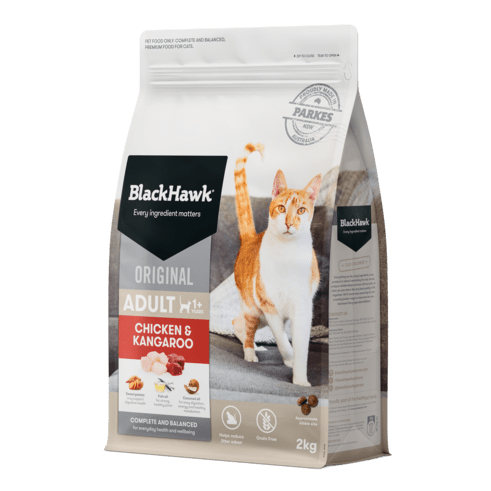When you bring a new cat home, it’s crucial to know which foods cats should not eat. While some human foods might seem harmless, they can pose serious health risks to your feline friend. Feeding your cat inappropriate foods, even in small quantities, can lead to digestive problems, poisoning, or worse. In this guide, we’ll cover five types of foods cats should never eat, ensuring your pet stays healthy, safe, and happy.
6 Foods Cats Should Not Eat
IMPORTANT : Chocolate – An Absolute No-Go
Just like with dogs, chocolate is extremely toxic to cats. It contains theobromine and caffeine, which their bodies cannot process. Even a small amount can result in:
- Increased heart rate
- Muscle tremors
- Seizures
- Vomiting
Always keep chocolate, coffee, and caffeinated beverages far away from your cat.
1. Can Cats Drink Milk? No! Stick to Cat-Safe Alternatives
There’s a common myth that cats love and can drink milk without issues. However, giving your cat cow’s milk can trigger digestive problems.
Why it’s dangerous:
Cats are lactose intolerant because they lack sufficient amounts of the enzyme lactase, which is needed to digest lactose (the sugar found in milk). Feeding them cow’s milk can lead to diarrhea, bloating, and stomach cramps.
Safe alternatives:
- Cat-specific milk (lactose-free)
- Unsweetened, unflavoured yogurt (in small quantities)
- Sugar-free probiotic drinks (in moderation)
Tip: If you want to add calcium to your cat’s diet, stick to cat milk or high-quality pet supplements available at Pet Shore.
2. Allium Vegetables: Beware of Onions, Garlic, and Leeks
Plants in the Allium family are extremely toxic to cats. This group includes onions, garlic, leeks, chives, and scallions. These vegetables contain thiosulphate, which can destroy your cat’s red blood cells, leading to anemia.
Symptoms of poisoning:
- Lethargy and weakness
- Pale gums
- Vomiting
- Loss of appetite
Ingesting onions or garlic can cause acute toxicity in cats, so even small exposures—such as eating scraps of food containing these vegetables—can be dangerous.
3. Harmful Fruits: Avoid Grapes, Avocados, and Stone Fruits
While some fruits are safe in very small amounts, others can be toxic or pose serious choking hazards. If you want to offer your cat a treat, ensure it’s pitted and seed-free, as seeds often contain cyanide and can trigger choking or poisoning.
Fruits to avoid:
- Grapes and raisins: Can cause kidney failure even in small amounts.
- Avocados: Contain persin, a toxin that can be dangerous in large quantities.
- Cherries: Contain alkaloids, which can lead to poisoning.
- Stone fruits like peaches, apricots, and apples: Their seeds contain cyanide, which can cause severe toxicity or shock.
Citrus fruits like oranges and lemons can irritate your cat’s stomach and cause vomiting or allergic reactions. Stick to small pieces of cat-safe fruits such as blueberries or watermelon (without seeds) if you want to give them a fruity snack.
4. Cooked Bones: A Hidden Danger
It may seem natural to give your cat bones, but cooked bones are brittle and can easily splinter, posing severe risks. These splinters can puncture the digestive tract or cause blockages in the intestines, requiring emergency surgery.
Safe bone alternatives:
- Raw poultry necks or chicken wings (supervised only)
- Freeze-dried treats or chew toys made for cats
Cats have highly acidic stomachs that allow them to digest small raw bones better than cooked ones, but always monitor your pet during raw bone feeding. Ensure they don’t swallow large pieces that could cause choking.
Note: All treats, including raw bones, should be given in moderation to maintain a healthy diet and prevent obesity.
5. Vegetables that Can Cause Health Issues
Some vegetables are harder for cats to digest and could lead to health problems if consumed in excess. For example, vegetables like spinach and eggplants contain oxalates, which can contribute to urinary stones.
Other vegetables like potatoes and carrots are high in carbohydrates, which can lead to weight gain and metabolic diseases if fed regularly.
Safe usage:
- If you want to offer these vegetables, give them only in small quantities. Boil or steam them, and avoid adding any salt or seasoning.
Tip: Check out Pet Shore’s range of premium wet cat foods with balanced ingredients to keep your pet’s nutrition in check.
Final Thoughts: Keep Your Cat Safe by Avoiding These Foods
Being a pet parent means making informed choices about your cat’s diet. While cats may seem curious about your food, it’s best to resist the temptation to share. Stick to a species-appropriate diet with high-quality pet foods designed for feline health. At Pet Shore, you’ll find a range of cat-friendly products, including treats and supplements that meet their nutritional needs safely.
Pro tip for New Zealand pet owners: Stay informed about locally available pet-safe options, such as native pet milk brands or natural freeze-dried treats, which are gaining popularity among Kiwi cat parents.
If you suspect your cat has eaten something toxic, contact your vet immediately or call the New Zealand National Animal Poison Centre at 0800 869 738 for emergency advice.
Summary: Quick Checklist of Dangerous Foods for Cats
- Milk and dairy products: Use cat-safe alternatives.
- Allium vegetables (onions, garlic, leeks, etc.): Toxic to red blood cells.
- Fruits like grapes, avocados, and cherries: Can cause poisoning and kidney failure.
- Cooked bones: Risk of splintering and internal injury.
- High-oxalate vegetables (spinach, potatoes): May cause urinary problems.
By being mindful of these potential dangers, you can help ensure your feline friend stays healthy, happy, and thriving. Explore Pet Shore‘s product range for safe, healthy food and treats tailored to your pet’s needs.
With these precautions in mind, you can provide your cat with the best care possible, avoiding common dietary pitfalls and giving them the nutrition they need to live a long and healthy life.
References
-
ZIWI Peak Chicken Canned Wet Cat Food
Rated 0 out of 5From$4.69 inc. GST This product has multiple variants. The options may be chosen on the product page -
ZIWI Peak Venison Canned Wet Cat Food
Rated 0 out of 5From$4.99 inc. GST This product has multiple variants. The options may be chosen on the product page -
ZIWI Peak Rabbit & Lamb Canned Wet Cat Food
Rated 0 out of 5From$5.69 inc. GST This product has multiple variants. The options may be chosen on the product page -
Feline Natural Chicken Feast Freeze-Dried Cat Food 320G
Rated 0 out of 5 -
Feline Natural Chicken & Lamb Feast Freeze-Dried Cat Food Topper
Rated 0 out of 5 -
BlackHawk Ocean Fish Original Adult Cat Dry Food
Rated 0 out of 5From$36.99 inc. GST This product has multiple variants. The options may be chosen on the product page -
BlackHawk Chicken Original Kitten Food
Rated 0 out of 5From$36.99 inc. GST This product has multiple variants. The options may be chosen on the product page -
BlackHawk Chicken & Kangaroo Original Adult Cat Dry Food
Rated 0 out of 5From$36.99 inc. GST This product has multiple variants. The options may be chosen on the product page

